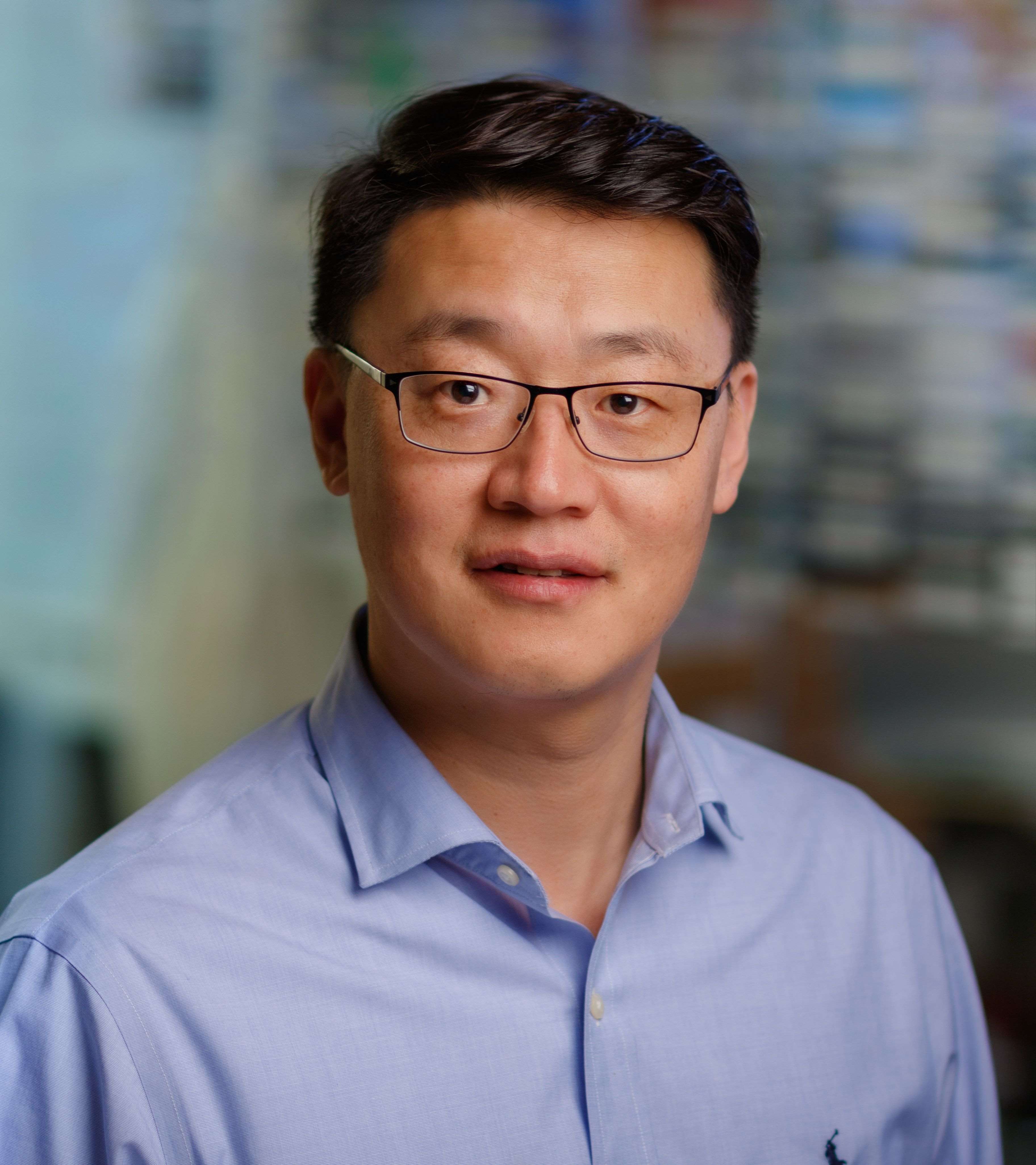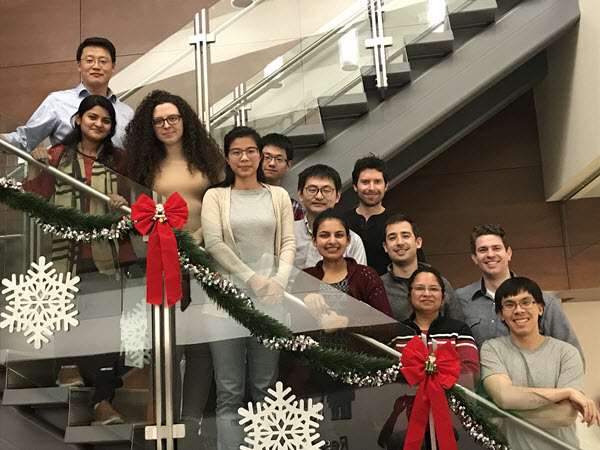
Weiguo Cui, PhD
Associate Investigator, Versiti Blood Research Institute; Associate Professor, Microbiology & Immunology
Locations
- Versiti Blood Research Institute (Immunology)
Blood Center of Wisconsin
Contact Information
General Interests
Education
Research Interests

Memory T cell Biology
During an acute viral or bacterial infection, naïve T cells can differentiate into multiple types of effector and memory T cells that help to mediate pathogen clearance and provide long-term protective immunity. The main goal of our research in the lab is to elucidate how TCR and cytokine signaling and their downstream transcriptional programs regulate pathogen-specific T cells to proliferate, differentiate into either short-lived effector cells or long-lived memory cells.
Activated T cells receive and integrate a myriad of signals from their microenvironment. These signals differ in type, quality, quantity and duration, and could have significant impact on T cell activation, differentiation and survival. One area of our research interest is to study how these different signals cooperate with each other to regulate T cell expansion and acquisition of their effector function, and concurrently differ in their activities to control the short- or long-term fate decision. We aim to further investigate where and when these signals are produced and emanated, which will help to better understand how the distinct cellular niches influence effector and memory T cell fate decision and functional maturation.
JAK-STAT pathways are the important mediators to transmit extracellular signals into transcriptional programs that ultimately regulate effector and memory T cell differentiation, survival and homeostasis. Our recent work has demonstrated that STAT4 and STAT3 largely promote distinct cell fate commitment, and terminal effector versus memory cells respectively. A major focus in the lab currently is to better define how these different STAT pathways act in a synergistic or divergent fashion to regulate both terminal cell-fate commitment and permit plasticity in effector and memory T cells.

